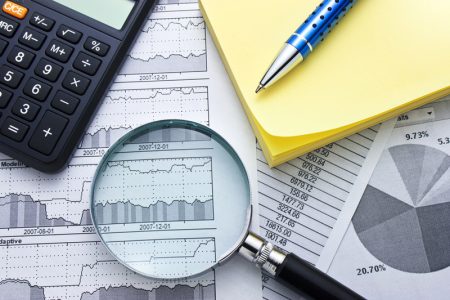By Vivek Mishra
BENGALURU (Reuters) – China’s economy will grow less than previously thought this year and next as a struggling property market dogs what was once the world’s growth engine, according to a Reuters poll of economists who said the risks were skewed to further downgrades.
The world’s second-largest economy has been struggling after a brief post-COVID recovery, dragged by huge debt due to decades of infrastructure investment and a property downturn, posing risks not only to itself but also to the global economy.
With 70% of household wealth tied up in the ailing property market, coupled with rising youth unemployment, weak consumption demand and the reluctance by depressed private firms to invest, policymakers have been fighting an uphill job in reviving growth.
“The primary culprit is the property sector. This source of growth has now evaporated and won’t be coming back,” said Julian Evans-Pritchard, head of China economics at Capital Economics in Singapore.
“We have long been more bearish than most…but even we have been surprised by the speed at which growth has declined. The deceleration probably still has further to run.”
The Sept. 4-11 Reuters poll of 76 analysts, based in and outside mainland China, predicted the economy would grow 5.0% this year, lower than 5.5% forecast in a July survey. Forecasts ranged between 4.5% and 5.5%.
While nearly all economists lowered their growth outlook for this year and next compared with the previous survey, the magnitude of those cuts was still marginal, leaving room for more downgrades.
Some economists cautioned the government’s growth target of around 5% for this year could be missed as the drip-feed of policy stimulus from Beijing would not be enough to stabilise the economy.
While recent data showed signs of improvement in the economy, some economists said more policy support was needed for the ailing property sector. The sector accounts for roughly a quarter of China’s economy.
Growth was forecast to slow to 4.5% next year and 4.3% in 2025. After expanding 6.3% last quarter, the economy was expected to grow just 4.2% this quarter, followed by 4.9% in the next, and down to just 3.9% in the first quarter of 2024.
“This slowdown could be just the tip of the iceberg,” said Bingnan Ye, senior economist at China Merchants Bank International in Hong Kong, who added the downside risk was “household consumption may improve more slowly than many expect.”
“Along with a slowdown in the property sector and exports, we still have U.S.-China trade tensions, and the recent diversification of supply chains beyond China will add to the downside pressure.”
A strong majority of economists who answered an additional question said the risks to their 2023 and 2024 GDP growth forecasts were skewed to the downside.
Economists also cut their consumer price inflation forecast to 0.6% for this year and 1.9% for next year, down from the previously expected 1.1% and 2.1% in the July survey.
Despite low inflation, the People’s Bank of China was expected to keep its key interest rates on hold this year.
Asked whether there would be an aggressive economic stimulus package from authorities, over three-quarters of economists, 17 of 21, said no.
“Local governments, which are responsible for (about) 85% of expenditures, are heavily indebted. This constrains the ability…to provide meaningful stimulus without further undermining their already fragile finances,” said Teeuwe Mevissen, senior macro strategist at Rabobank in the Netherlands.
(For other stories from the Reuters global economic poll:)
Read the full article here














